Diabetes has become an epidemic, not just in people but also in pets. Feline diabetes is most similar to type 2 diabetes in humans, meaning that weight management and diet are critical factors in controlling the condition. Cats with diabetes often lose weight rapidly when their condition isn’t managed well, leading to further health complications and even death.
Let’s take a look at some tremendous diabetes-friendly foods you can feed your cat to help them gain weight.

What Is Feline Diabetes?
Feline diabetes is similar to human type 2 diabetes. It occurs when the pancreas is overloaded and shuts down, preventing or slowing the production of insulin—the hormone that processes the nutrients in our bloodstream into energy.
Cats with feline diabetes may need to be put on supplemental insulin, delivered by injection under the skin. These insulin injections provide the cat with the insulin the pancreas cannot make and allow them to process its food into energy correctly.
Diabetic cats who do not get insulin can die from an overage of blood sugar that will shock the body.
Best Foods for Diabetic Cats to Gain Weight
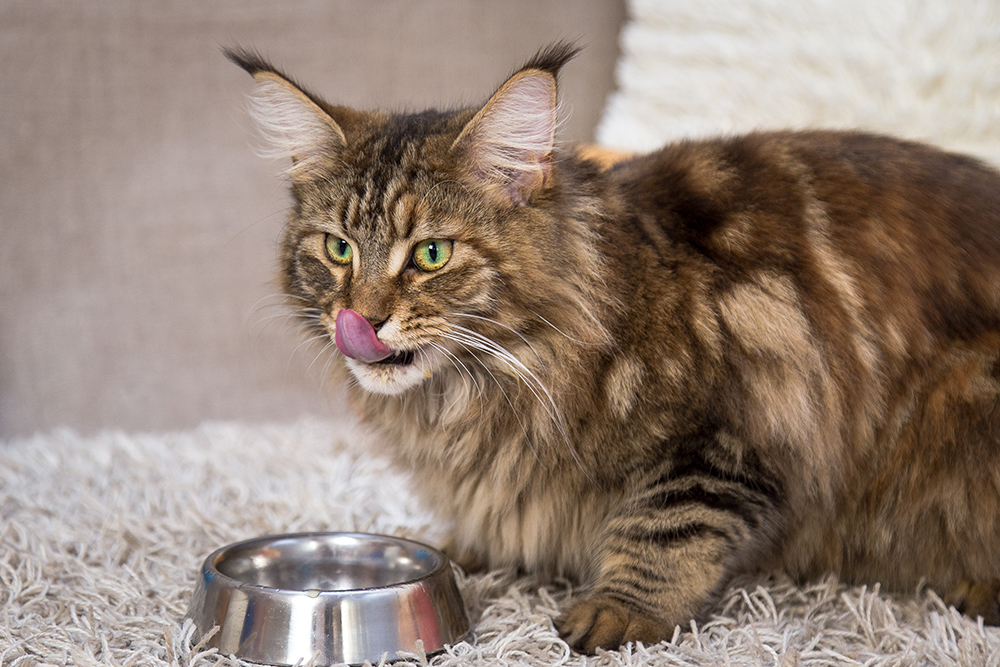
Helping your cat gain back some weight they’ve lost in the beginning stages of its diabetes can be tricky since diabetes can cause consistent weight loss, even when it is eating enough. Diabetes also requires a special diabetes-friendly diet that prevents drastic spikes in blood pressure that overwork the pancreas. Thus, choosing the right food for your diabetic cat is critical to their continued health.
To help cats gain back the weight they lost from their diabetes, you’ll need to feed them a diet that won’t overload their pancreas to consume the correct number of calories to gain weight. This means you need to choose foods with a specific nutrient profile.
- You may be interested in: 9 Best Diabetic Cat Foods: Reviews & Top Picks
Low Carbohydrates
Diabetic cats should be fed low-carbohydrate diets. Truthfully, all cats should be fed a low-carbohydrate diet. Cats are scientifically classified as “obligate carnivores,” which means they’re biologically designed to eat a diet comprised of at least 70% animal proteins.
Carbohydrates also cause sudden spikes in blood sugar levels. This puts a lot of pressure on the pancreas to produce more insulin to process the carbohydrates into energy. When the pancreas is already struggling to produce insulin, forcing it to attempt to make more will only hasten its demise.
Cats with diabetes should be fed a diet of less than 10% carbohydrates, but some cats may need a carbohydrate content of 5% or less.
High Protein
Cats with diabetes should get most of their nutrients from protein. Again, all cats should be getting most of their nutrients from animal protein. Proteins are more accessible for the pancreas to break down and satiate the cat’s hunger drives longer. Protein is also the building block for cats. A cat’s body starts and ends with proteins. Ideally, most cats will do well on a diet that is at least 30% protein, but diabetic cats should be fed a diet that is at least 50% protein.
Fat
Your diabetic cat’s diet should be rounded out with healthy fat sources. At least 20% of their diet should come from healthy fats because these are also relatively easy on the pancreas.
Navigating all these specific nutritional requirements can be difficult for an ordinary cat parent, so don’t hesitate to reach out to a veterinarian and ask for guidance.
Need veterinary advice but can't get to the clinic? Catster recommends PangoVet, our online veterinary service. Talk to a vet online and get the answers and advice you need for your cat without having to leave your living room — all at an affordable price!


Canned vs Dry
Canned food is typically better for cats with diabetes as carbohydrates are a critical component of making kibble. Canned foods usually contain lower carbohydrate content than dry food. Thankfully, if your cat will not eat canned food—a relatively rare occurrence in cats, you can look for special, low-carb kibble that provides the correct nutrient profile for diabetic cats.
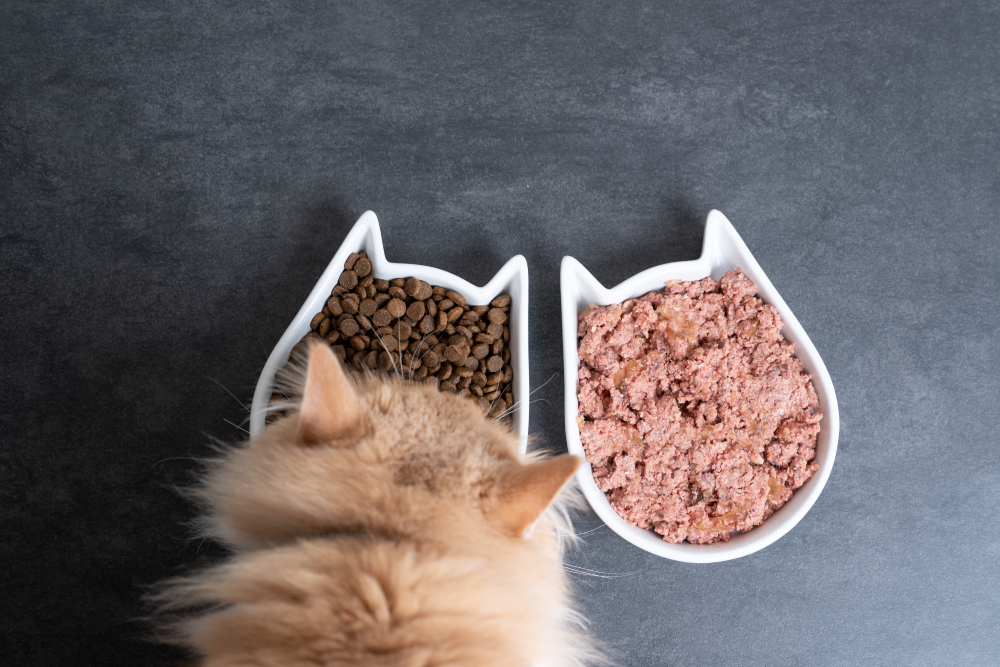
Do I Need to Feed My Diabetic Cat Prescription Food?
Contrary to popular belief, diabetic cats do not need to eat prescription diets. Many commercially available cat foods contain the protein, fat, and carbohydrate contents necessary to help treat feline diabetes without the added price tag.

Final Thoughts
Finding out that your cat has diabetes can be upsetting and worrying, but the good news is that it’s a condition that is relatively easy to manage with diet and medication. Getting your cat onto a diet specifically designed for its unique needs is critical to caring for a diabetic cat. So, talk with a vet to create an individualized plan for your cat’s continued health and overall well-being.
Featured Image Credit: Hanish, Pixabay
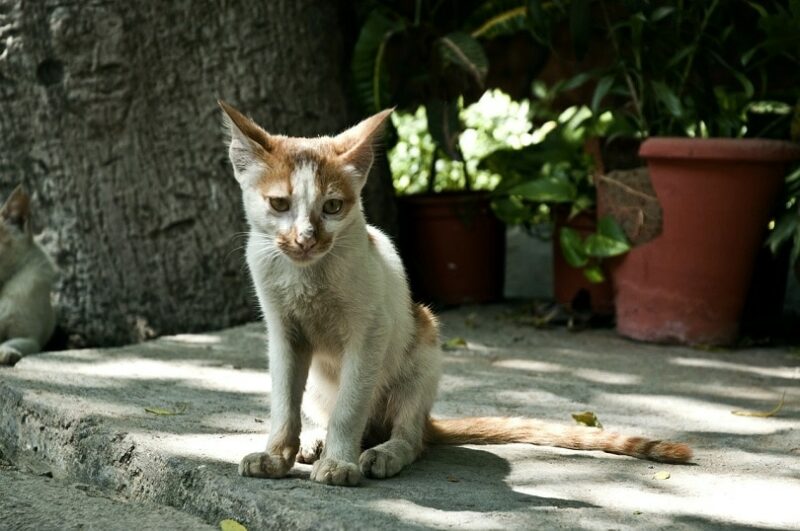

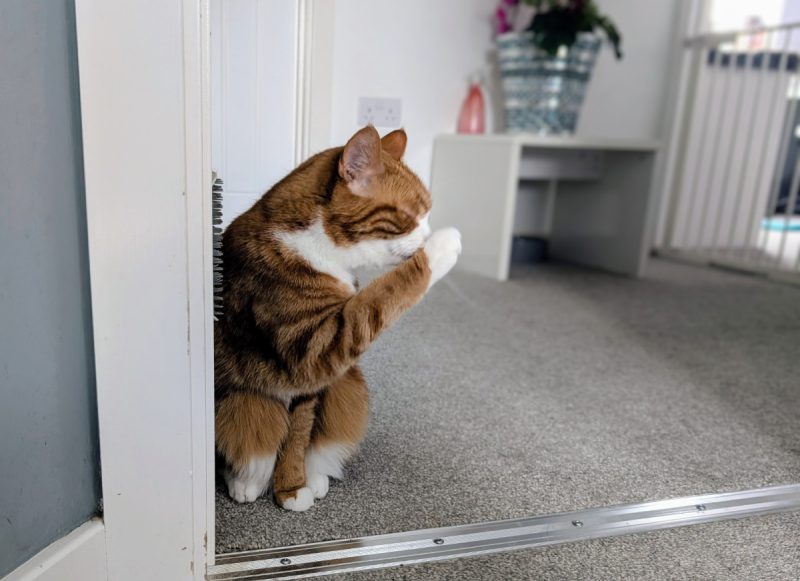
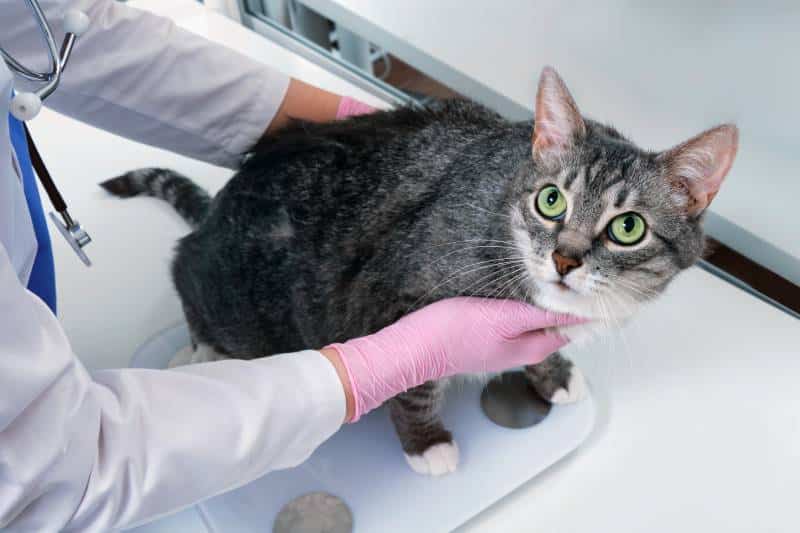
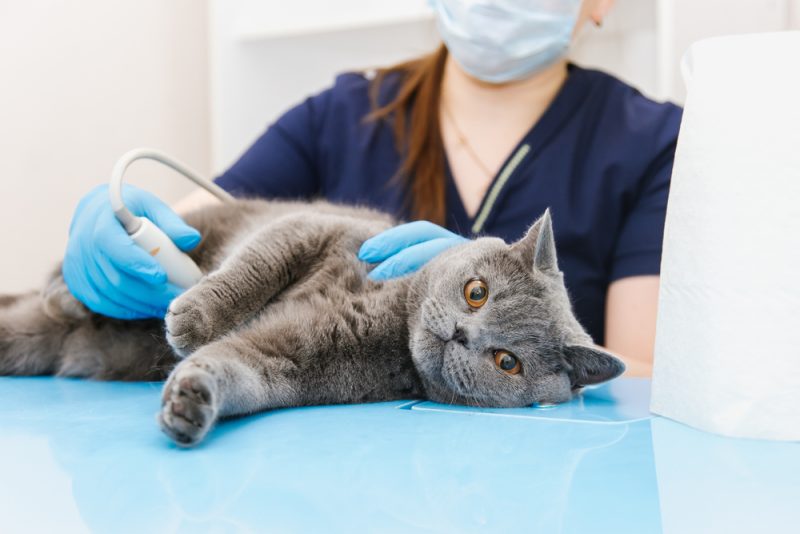
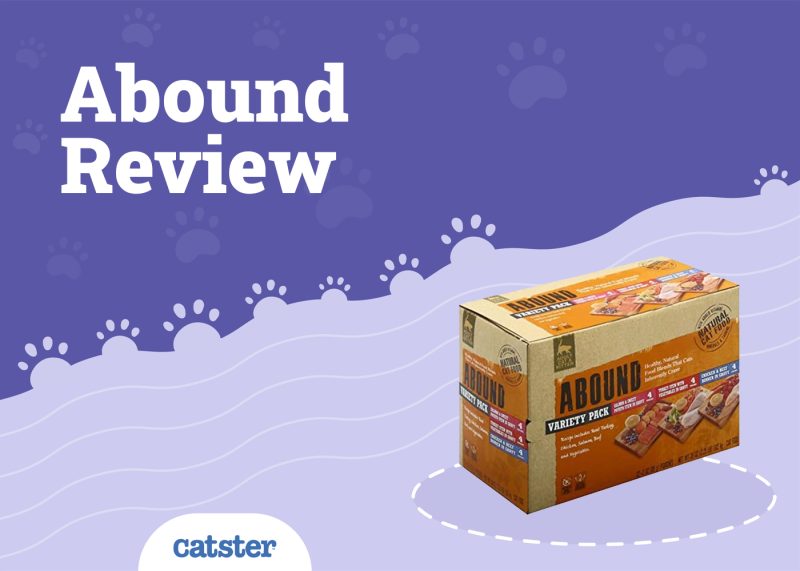
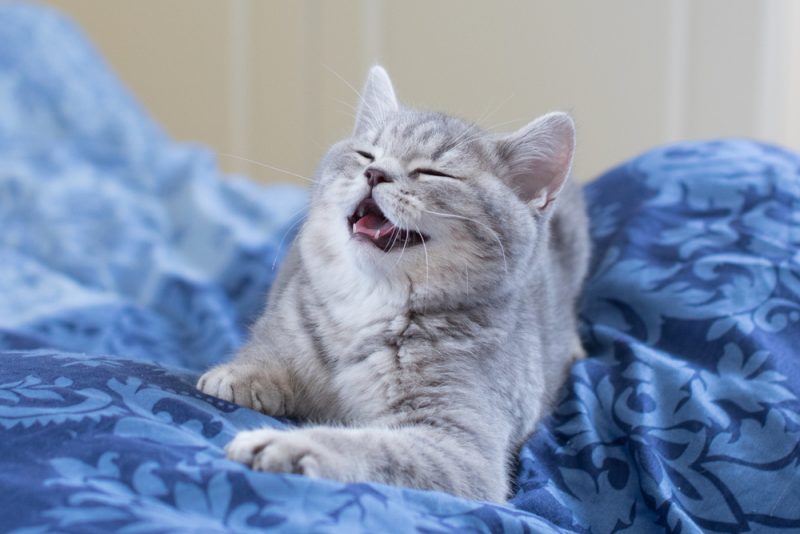
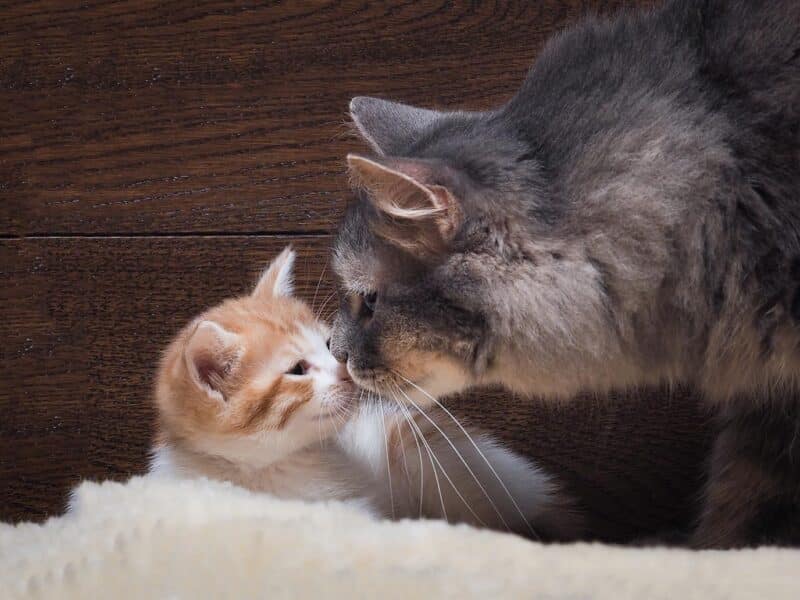
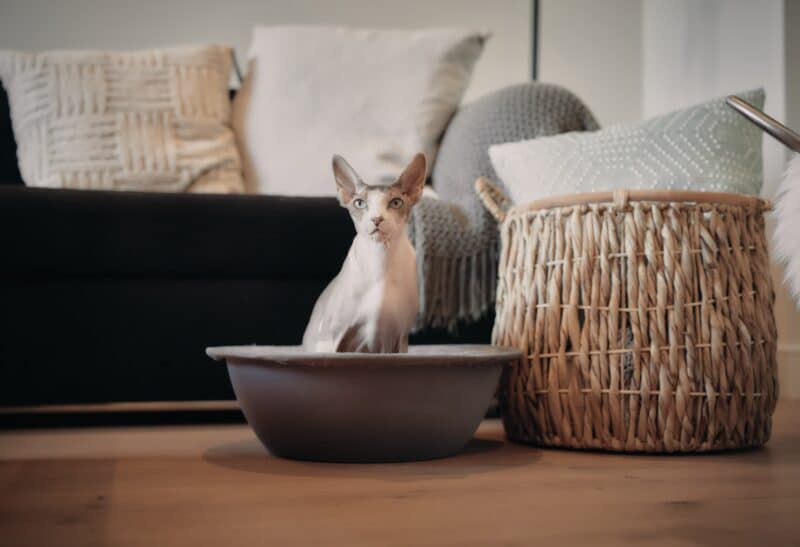
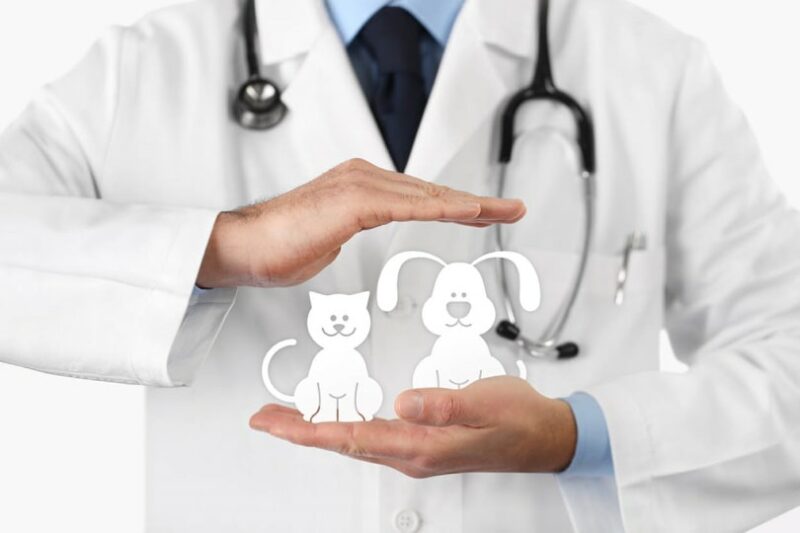
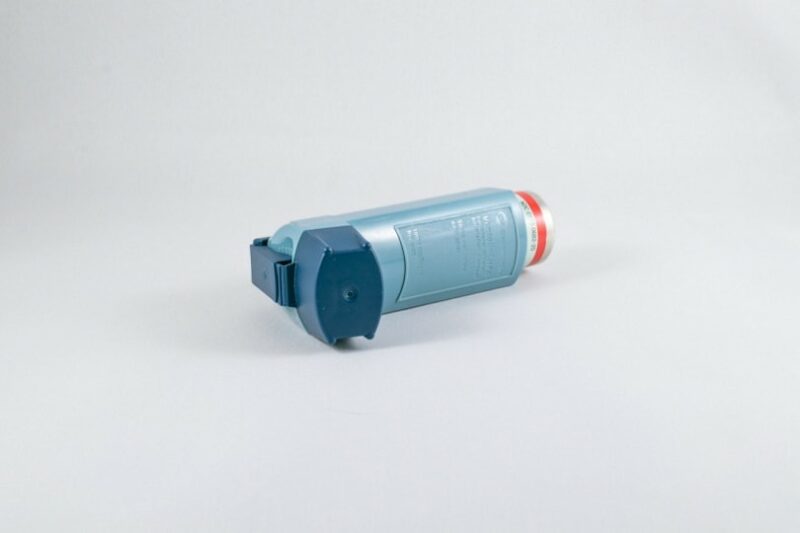
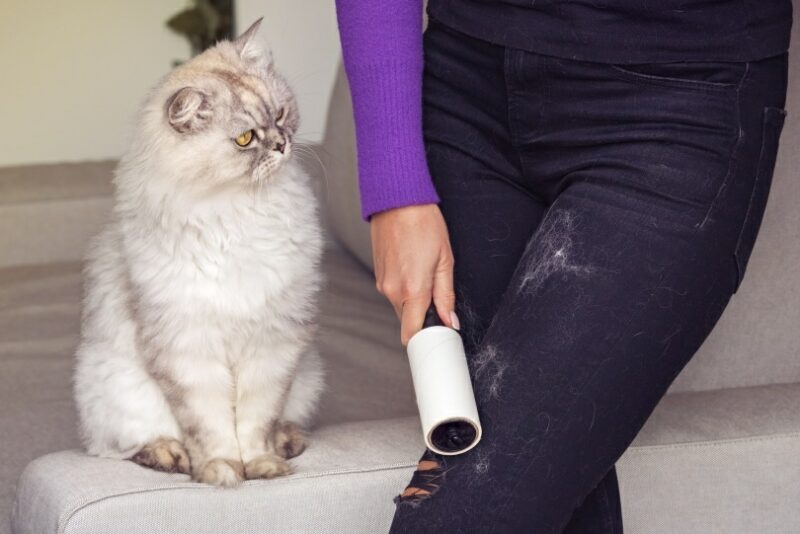
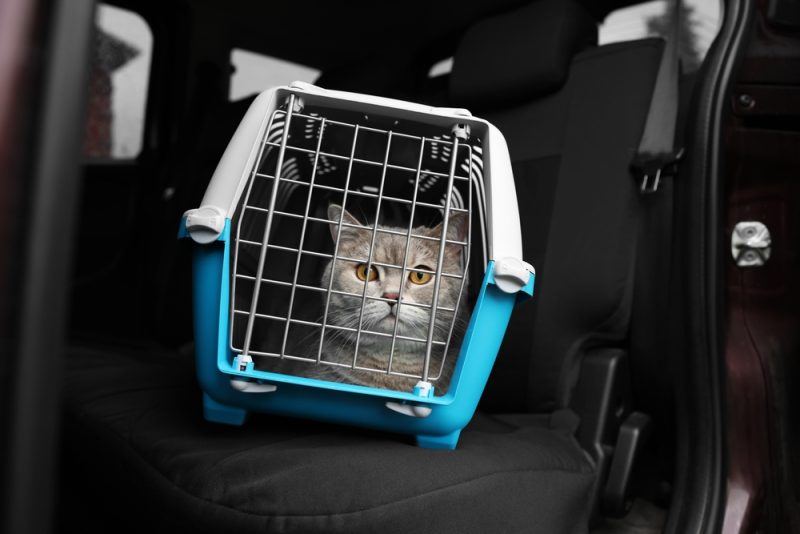
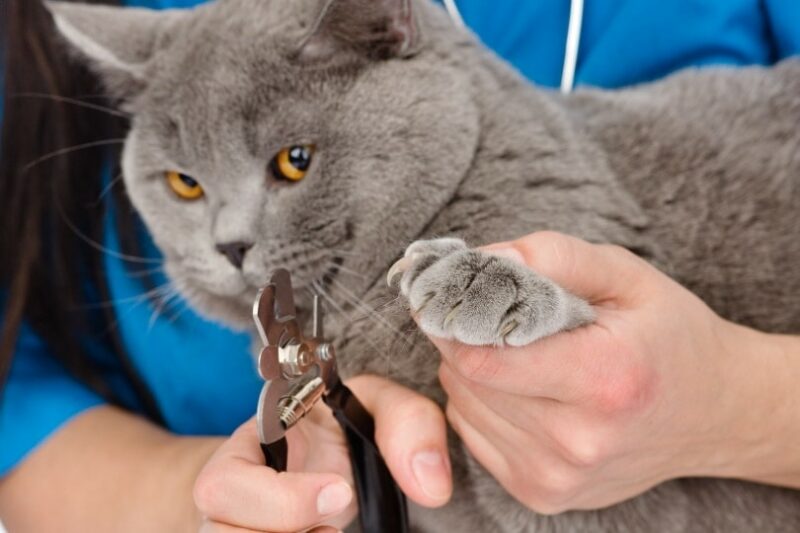
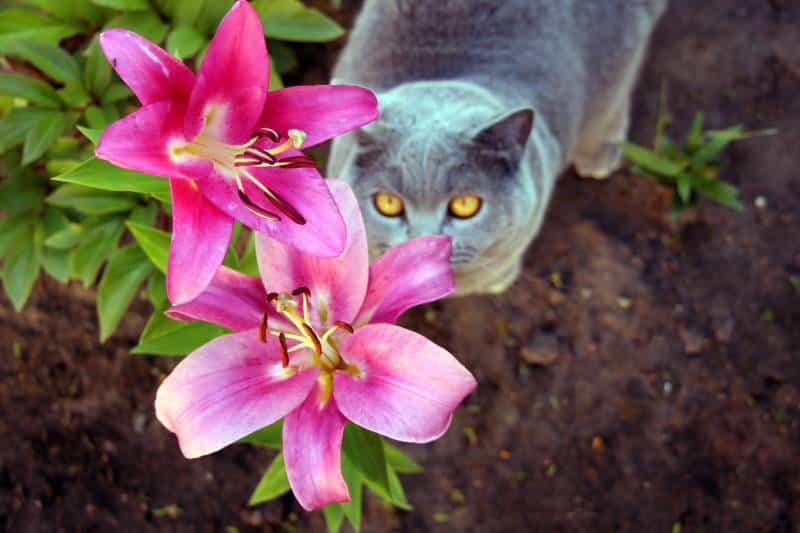
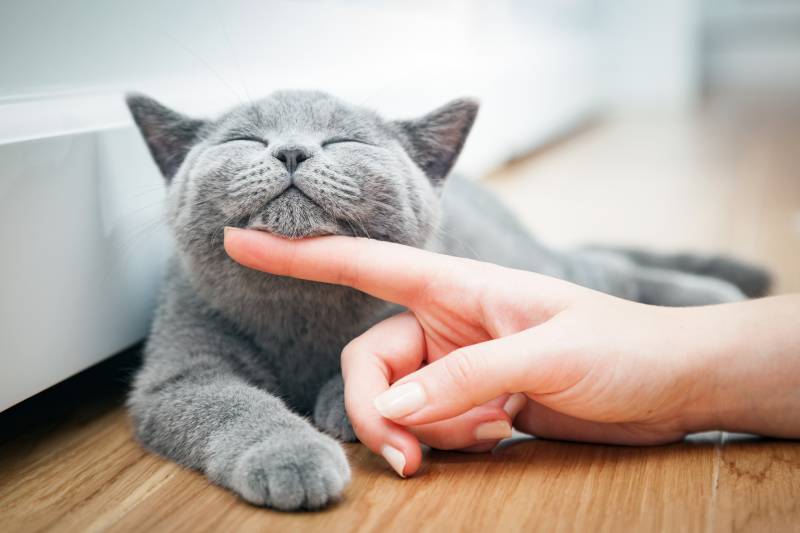
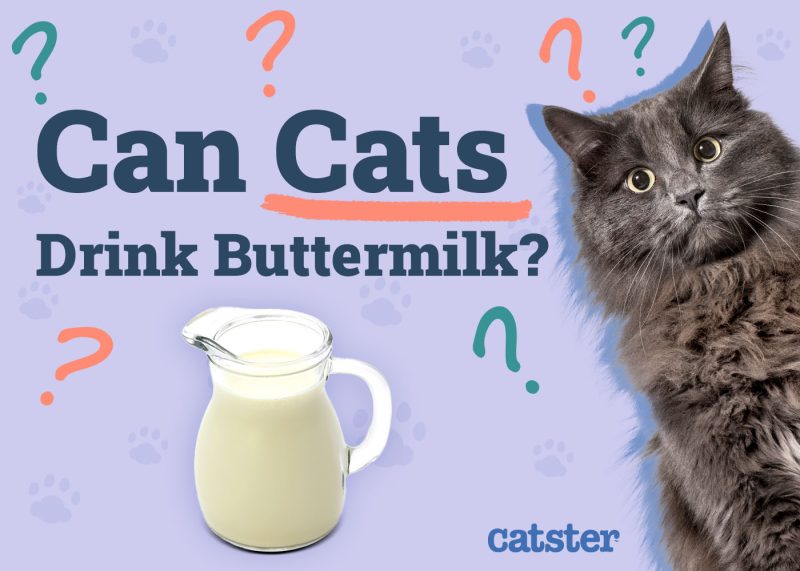
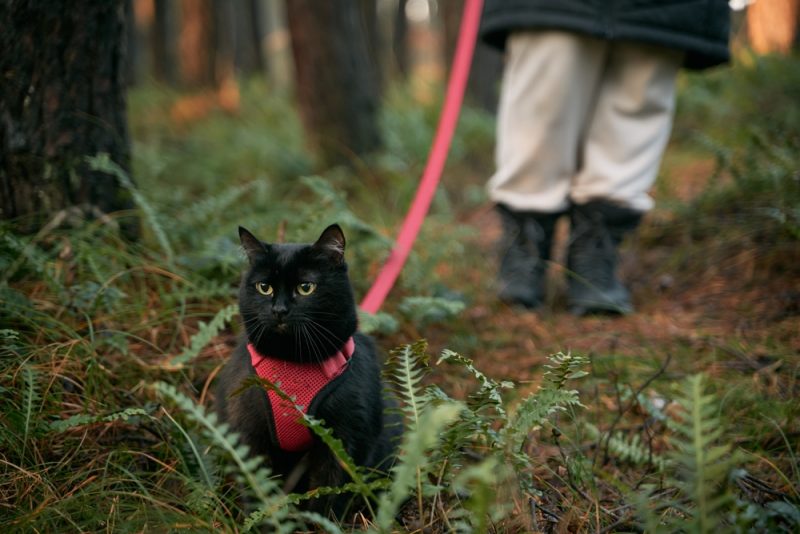



2 Responses
I am feeding him DM canned cat food once-a-day (I only see him for 2-3 hours a day (where I work) Also leaving a lot of Purina ProPlan DM dry food for the rest of the day (when no one else is around). I would like to add some "high-quality fat" to help him gain back lost weight. Can you suggest some sources for such fats? (Preferably a source that wouldn't spoil if left at room temperature over night). Thanks for considering my question.
Sammy A Nicolosi, salmon oil, high-quality fish oil, and krill oil are all good fatty acid sources for cats. However, you will need to ensure they are consumed and not left outside as fats have a tendency to oxidize and become rancid. Likewise please get any supplement approved by your veterinarian beforehand.